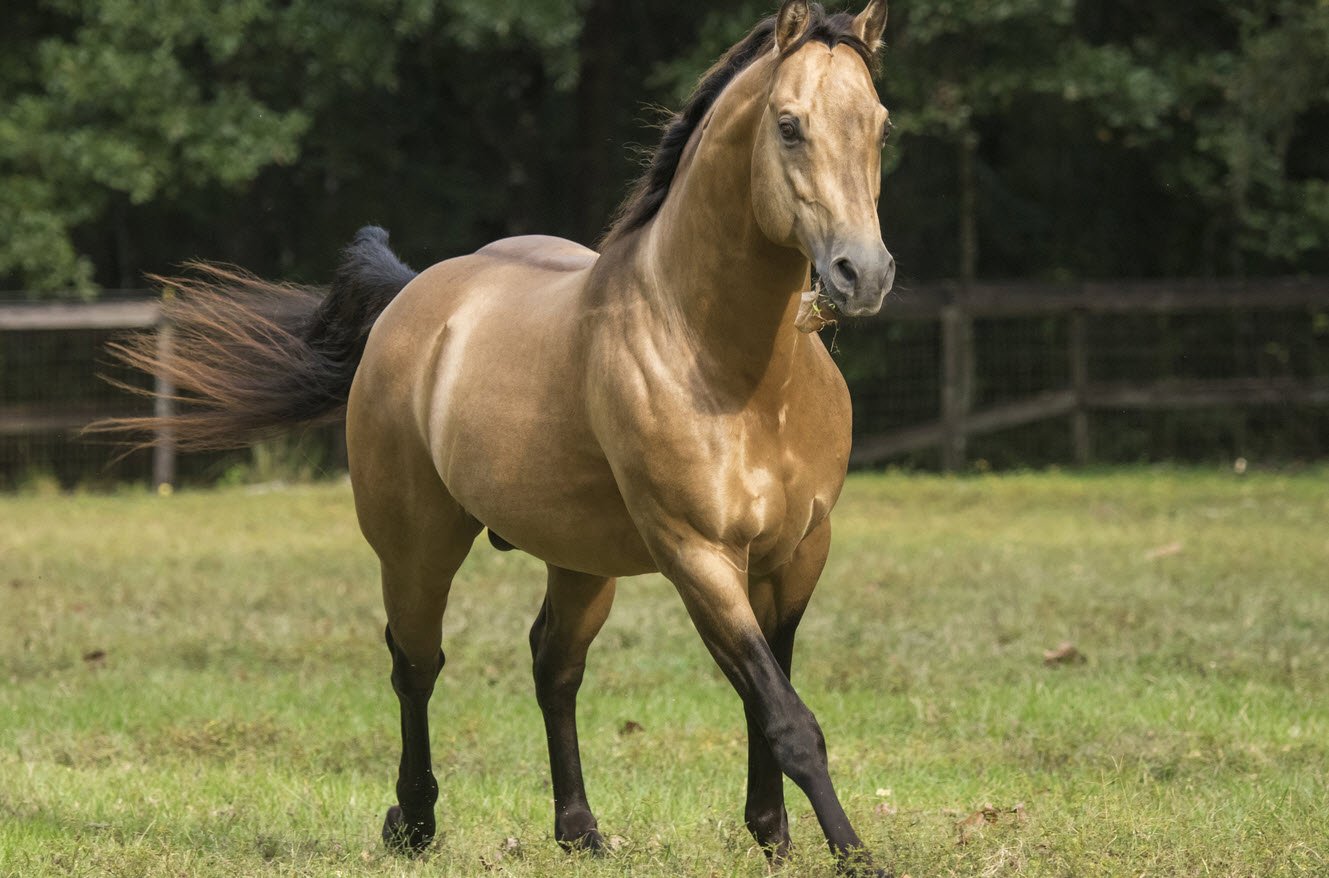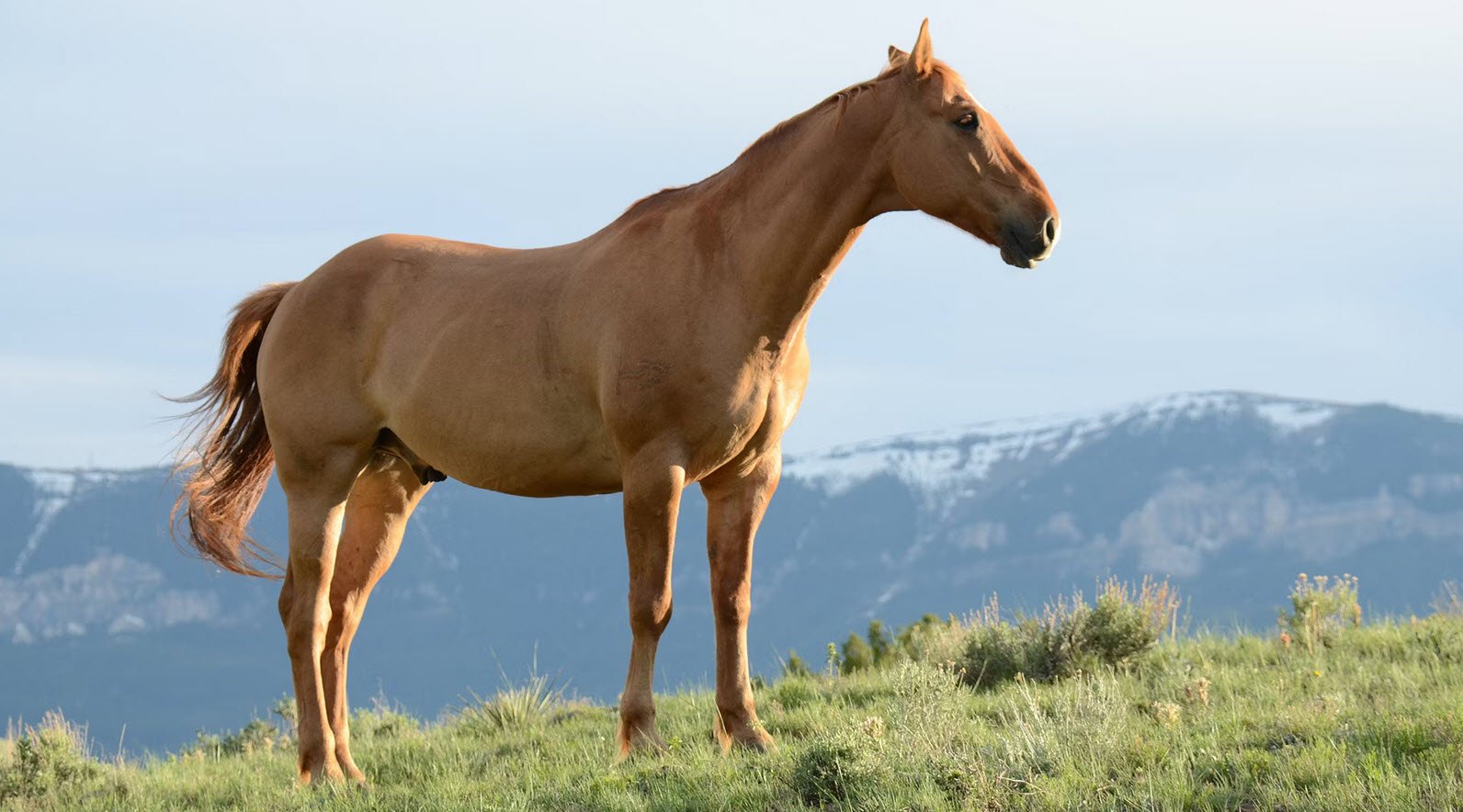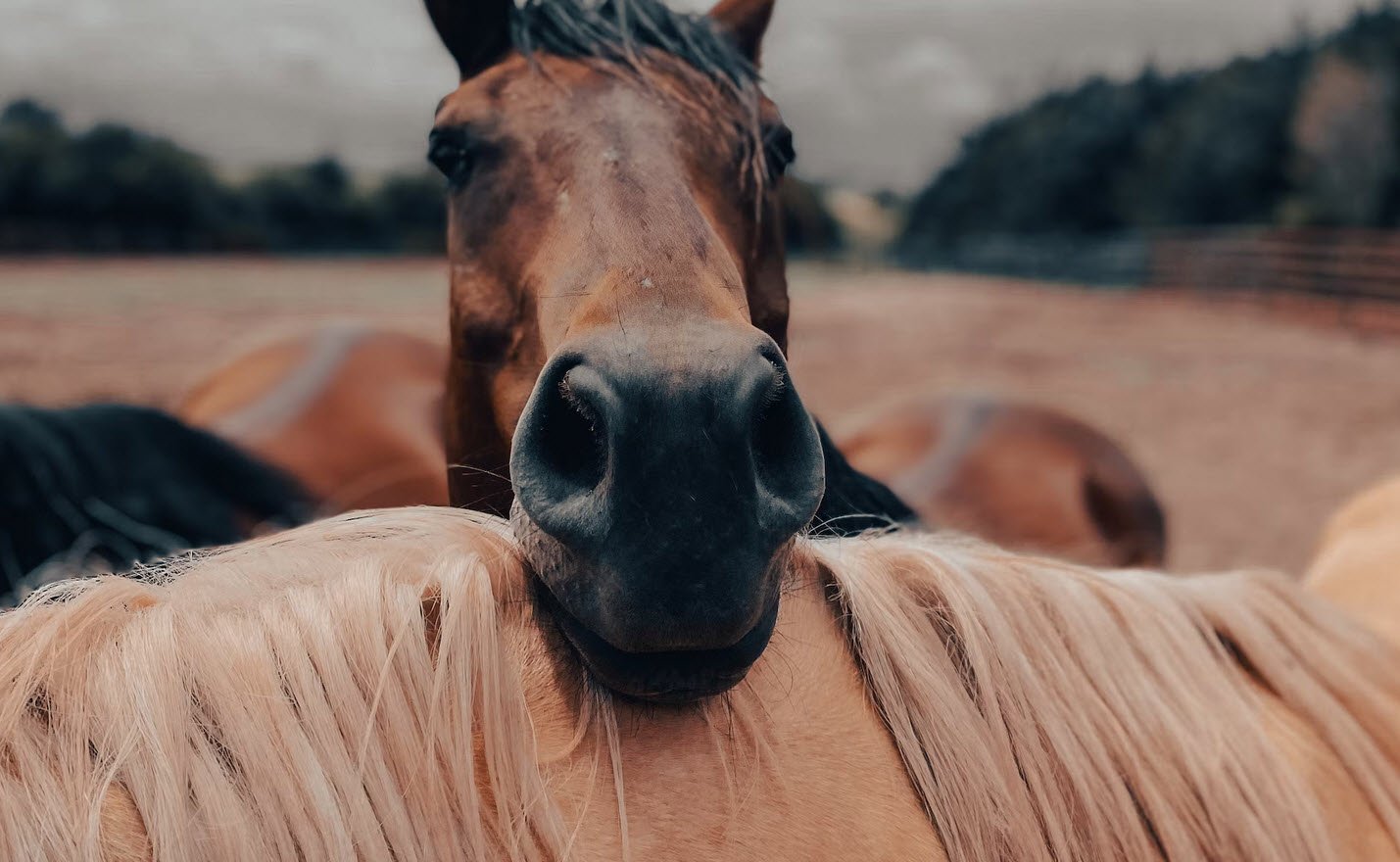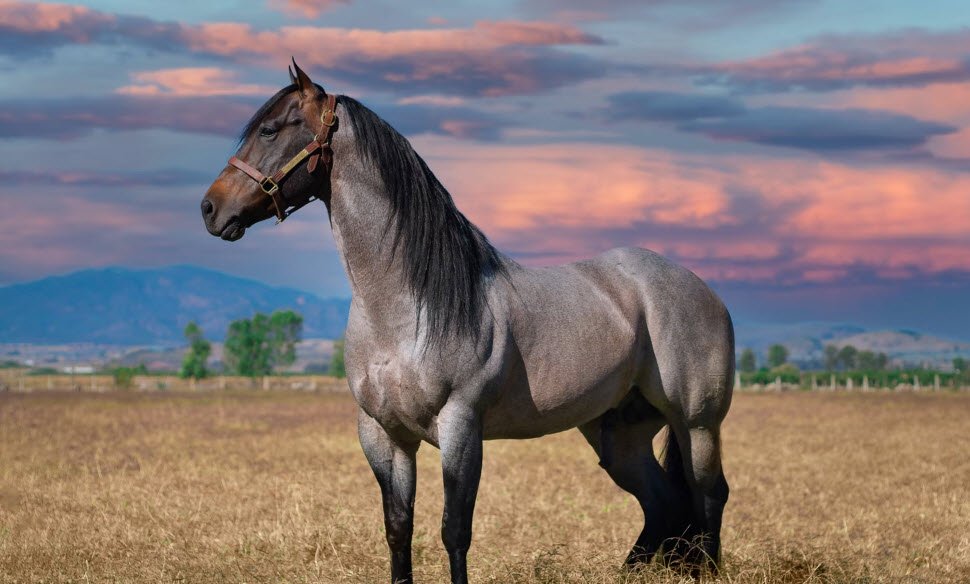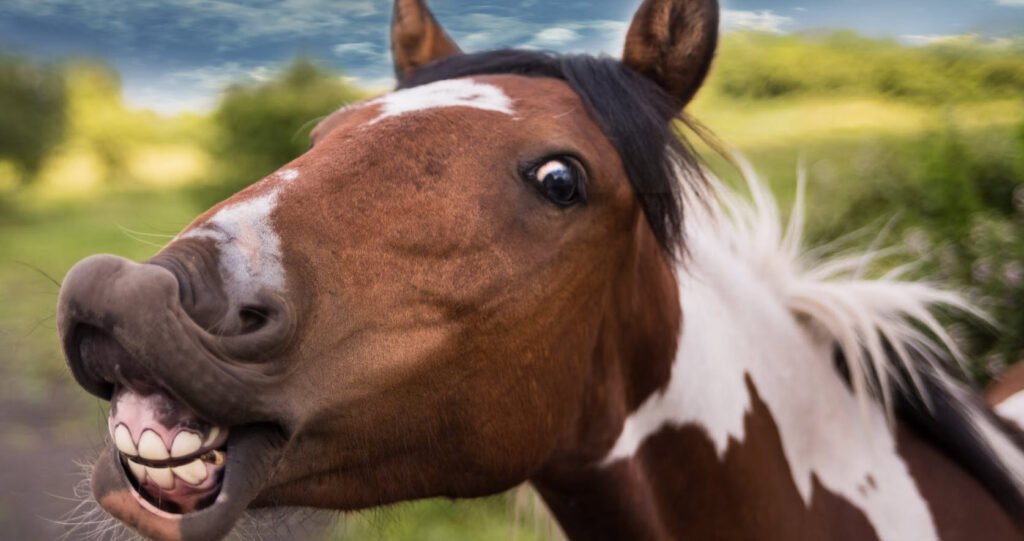
Proper nutrition is essential for the health and well-being of horses. Horses are herbivores, primarily consuming a diet of hay, grass, grains, and other plant-based foods. However, not all vegetation is suitable for horses, and there are certain foods that horses cannot eat and should be extra cautious to avoid.
In this article, we will explore the foods that are harmful to horses and should not be a part of their diet.
Foods Horses Cannot Eat:
Vegetables:
1. Onion:
Onions, in any form (raw, cooked, or powdered), can cause damage to a horse’s red blood cells, leading to a condition called Heinz body anemia. It’s best to steer clear of feeding any foods containing onion to horses.
2. Potato:
Potatoes and other tubers like sweet potatoes can be harmful to horses as they can cause digestive issues and may not provide the necessary nutrients for equine health.
3. Broccoli:
Broccoli is another vegetable to avoid. While not highly toxic, it can cause gastrointestinal discomfort and may not be easily digested by horses.
4. Cabbage:
Cabbage, like broccoli, is not toxic to horses, but it can cause digestive upset and gas. It’s advisable to avoid feeding cabbage to horses to prevent any discomfort.
Fruits:
1. Avocado:
Avocado contains a substance called persin, which is toxic to many animals, including horses. Ingesting avocado can cause colic and other digestive issues in horses.
2. Tomatoes:
The green parts of tomatoes, as well as the plant itself, contain a toxin called solanine. While ripe tomatoes are not as harmful, it’s safer to avoid them altogether.
3. Rhubarb:
Rhubarb leaves contain oxalic acid, which is toxic to horses and can cause digestive and kidney problems. It’s important to keep rhubarb away from horses and their grazing areas.
Foods to Extra Avoid:
1. Meat:
Horses are herbivores, and their digestive system is not designed to process meat. Feeding meat to horses can lead to digestive issues and may disrupt their delicate digestive balance.
2. Dairy Products:
Dairy products like milk, cheese, and yogurt are not suitable for horses. Most horses are lactose intolerant and lack the enzymes needed to digest dairy properly.
3. Chocolate:
Chocolate contains theobromine, a compound that is toxic to horses and can cause a range of issues, including colic and even heart problems. It’s crucial to keep all chocolate and cocoa products away from horses.
Ensuring that horses have a balanced and appropriate diet is vital for their health, longevity, and overall well-being. Always consult a veterinarian or an equine nutritionist for guidance on what to feed your horse and what to avoid. A healthy and carefully planned diet will contribute to a happy and thriving equine companion.


